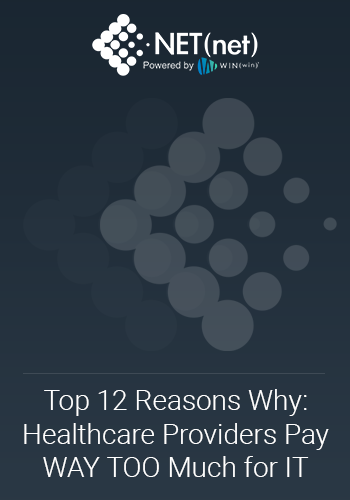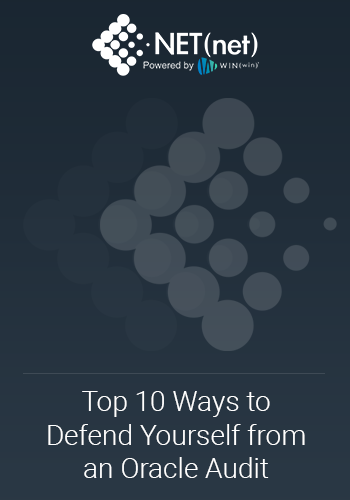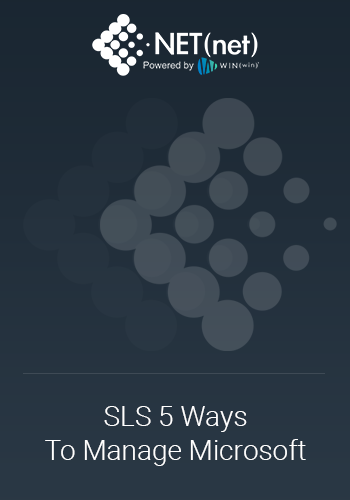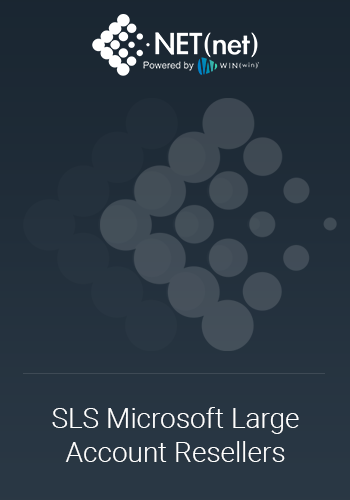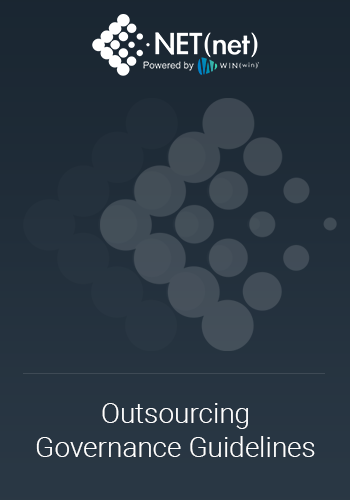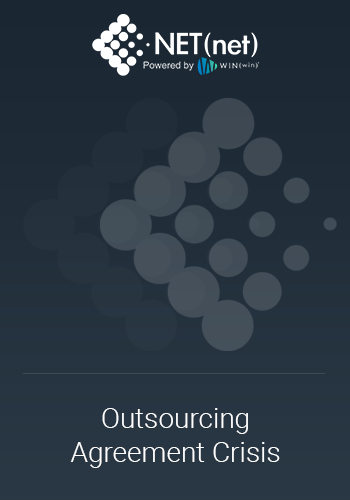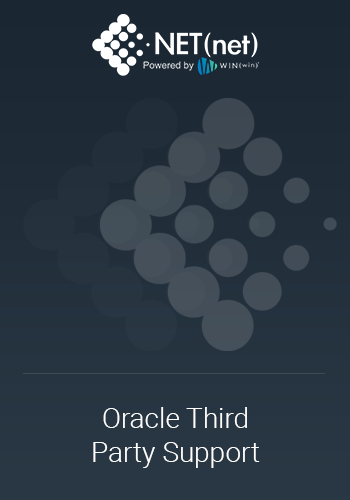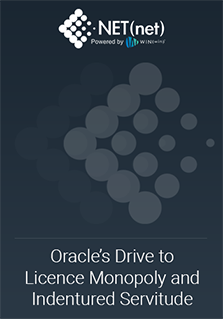This is part 1 of an ongoing series we call ‘Debunking Microsoft’ where we address the ongoing disinformation, half-truths, and mysticism surrounding its own products as it relates to Customer licensing, usage, contracts, terms, pricing, and much more.
In part one, we address what we frequently hear from clients; that Microsoft has told them regarding usage of their own licenses in a cloud other than Microsoft's.....words to the effect of “You can’t use your existing Microsoft licenses on non-Microsoft clouds such as Amazon or Google.”
Well, that’s not true and Microsoft knows it.
This is just one case of Microsoft’s constant and consistent questionable behavior. It’s clearly been approved from the highest levels within Microsoft, intentionally designed to create fear, uncertainty, and doubt in the minds of customers, while also carefully skirting the line of anti-competitive behavior that would put them in a legal spotlight around potential abuse of their monopoly market power.
For these reasons (among many others) I caution all clients to ask whether this is the kind of company they want to do business with at all, much less rely on them for your entire business infrastructure.
The basic facts are:
- Microsoft’s license use terms are the same for everyone, regardless of who owns and manages the hardware that the software runs on. It can’t be any other way, or Microsoft risks the wrath of the S. Department of Justice Antitrust Division.
- You can use Amazon (or anyone else’s) servers to run the Microsoft licenses that you own, regardless of whether you have SA coverage. This is no different than your on-premise rights; whether it’s your hardware in your datacenter, or a 3rd party’s hardware in a 4th party’s data center, the name of the owner of the hardware / datacenter does not change anything about your licensing rights.
- Microsoft constantly attempts to confuse the topic by talking about specific terms, such as:
- “License Mobility” which is the right to virtualize and cluster installations across a “Server Farm”. Most enterprise IT people are familiar with VMWare vSphere, which is one tool to virtualize software across multiple physical servers. “License Mobility” is Microsoft’s term for this. Again, same rules apply no matter who / where the software is running.
- “Azure Hybrid Benefit” which is a 180 day right to use a given license both on premise and in the Azure cloud at the same time. This is one of the few “real” benefits that MSFT offers, by making use of the ownership of both Azure and the licensing business. Does that sound like anti-competitive use of their monopoly market position to you? Well, let the DOJ know what you think.
- “The Flexible Virtualization Benefit” which is not even an actual license term; it’s a made-up marketing term based on the standard terms that are already in place.
- SA (“Software Assurance”) coverage does grant some increased rights, including “License Mobility” which is Microsoft’s name for the multi-server clustering and virtualization that large enterprises want to use. Of course, this applies equally regardless of whose cloud you are running.
Everyone, even Microsoft, agrees that you can run Windows Server on “dedicated” hardware, in any datacenter.
The main topic of confusion and FUD is whether and how you can use your existing Windows Server licenses to run in a clustered VM environment, using Amazon or other non-Microsoft datacenters. So, this article focuses on that use case.
To summarize:
There is no difference in the license terms that apply to Azure vs AWS. They are the exact same terms.
It really can’t be any other way, else Microsoft risks getting sued, again, by the US Department of Justice for anti-competitive practices.
Stay tuned for part 2 in the Debunking Microsoft series where we get into the details surrounding Microsoft’s Licensing and Product Use Terms. Drilling into these and understanding what they ‘really’ mean will help you understand how much more you might be getting out of your entitlements if you know how to use them.
If you have questions on the above or any Microsoft related issue, please contact us to get in touch with a Subject Matter Expert to review your situation.
About NET(net)
Founded in 2002, NET(net) is the world’s leading IT Investment Optimization firm, helping clients find, get, and keep more economic and strategic value in their technology supply chains. Over the last 20 years, NET(net) has influenced trillions of investment, captured hundreds of billions of value, and has helped clients cost and value optimize XaaS, Cloud, Hardware, Software, Services, Healthcare, Outsourcing, Infrastructure, Telecommunications, and other areas of IT spend. NET(net) has the experience you want, the expertise you need, and delivers the performance you demand and deserve. Contact us at info@netnetweb.com, visit us online at www.netnetweb.com, or call us at +1 (616) 546-3100 to see if we can help you capture more value in your IT investments, agreements, deployments, and relationships.
NET(net)’s Website/Blogs/Articles and other content is subject to NET(net)’s legal terms, offered for general information purposes only, and while NET(net) may offer views and opinions regarding the subject matter, such views and opinions are not intended to malign or disparage any other company or other individual or group.

